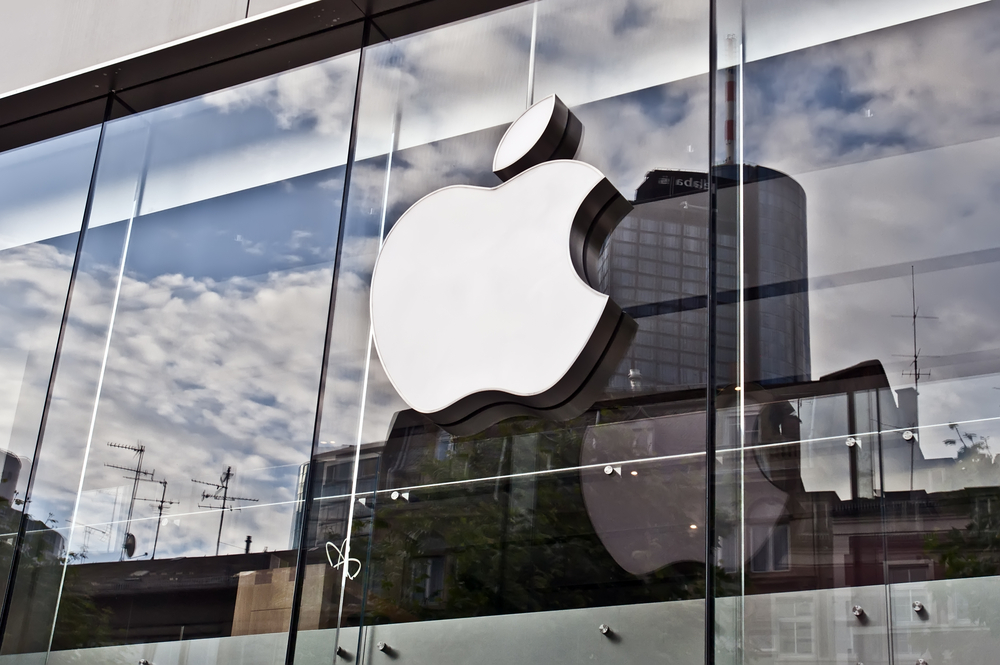
Legendary investor Warren Buffett has trimmed his stake in Apple (AAPL) as Berkshire Hathaway hoards cash.
In early November, Berkshire revealed it had reduced its Apple stock holdings by 100 million shares over the quarter, leaving the company with $69.9 billion still invested in the tech giant.
Although Berkshire remains a major Apple shareholder, the value of its holdings has dropped over 50% from a peak of about $178 billion in 2023.
Market analysts who've tracked Buffett for years say he's selling Apple to honor his core investment principle. It’s when a stock climbs above its intrinsic value, it’s time to either move on or take some profit.
“Apple defined Buffett’s last decade, and the fact that he’s selling now on valuation grounds speaks to his commitment to his principles at an unparalleled scale,” said Christopher Rossbach, chief investment officer at Stern & Co., in the Financial Times.
Apple wasn't the only stock Berkshire offloaded last quarter.
Despite the booming stock market, the firm shed $36.1 billion in stocks, including a sizable reduction in Bank of America (BAC).That boosted Berkshire’s cash reserves by a strong $325.2 billion.
Meanwhile, the S&P 500 is up 20% this year and the tech-heavy Nasdaq Composite gained more than 21%.
Is Buffett onto something the market is missing—preparing for an unexpected downturn—or is this just a straightforward asset reallocation?
Accumulating government debt
There are several reasons Buffett might be content to stay on the sidelines in this bull market.
First off, Berkshire is raking in substantial interest payments from the U.S. government with little to no risk by holding short-term Treasurys.
According to company filings, Berkshire collected around $3.5 billion in interest and other income last quarter—far surpassing its dividend income for the period.
Meanwhile, Berkshire is waiting for the dust to settle after the election.
As Barron’s pointed out, the company is approaching the market cautiously, likely due to economic uncertainty and potential tax policy changes on the horizon.
CFRA Research analyst Cathy Seifert suggests that some Berkshire investors may be puzzled by this cautious approach.
“Are they more pessimistic about the future economic and market picture than perhaps others are?” Seifert mused on Berkshire’s strategy.
“Berkshire is a microcosm of the broader economy. Its cash hoarding suggests a ‘risk-off’ mindset, and investors may wonder what this implies for the economy and markets,” she added.
Even by Buffett’s standards, the stock market looks overvalued right now. The so-called Buffett Indicator, which measures the ratio of the U.S. stock market’s total value to GDP, has surged to 209%.
According to Buffett, this indicator signals danger when it nears 200%, as it suggests that stock prices are outpacing economic growth by a wide margin.
Your email address will not be published. Required fields are markedmarked